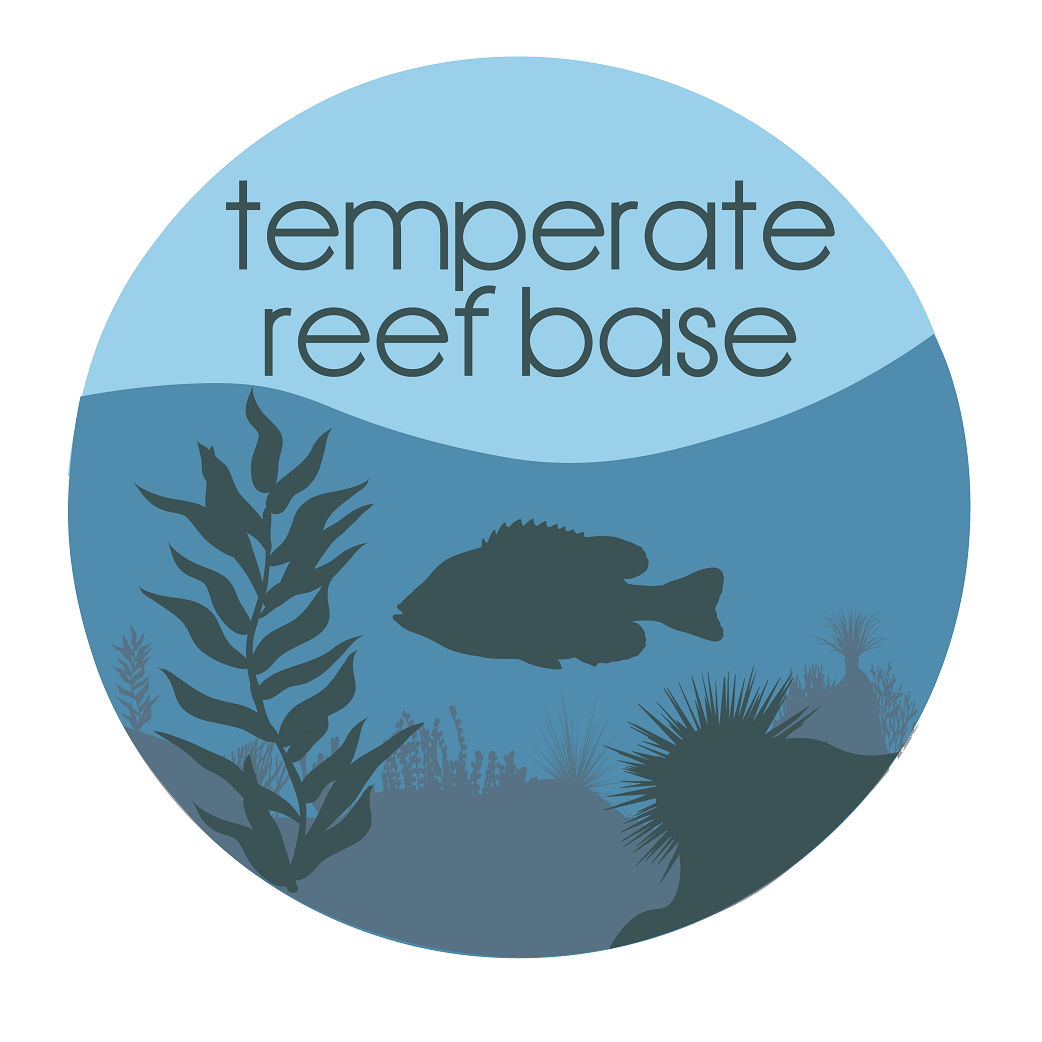Fledgling
Type of resources
Topics
Keywords
Contact for the resource
Provided by
-
As seabirds emperor penguins spent a large proportion of their lives at sea. For food they depend entirely on marine resources. Young penguins rarely return to their natal colonies after their first year. Satellite tracking will give us insights into where foraging areas may be that are important for these birds. This tracking work is part of a multi-species study funded by the Integrated Marine Observation System (IMOS).
-
As seabirds emperor penguins spent a large proportion of their lives at sea. For food they depend entirely on marine resources. Young penguins rarely return to their natal colonies after their first year. Satellite tracking will give us insights into where foraging areas may be that are important for these birds. This tracking work is part of a multi-species study funded by the Integrated Marine Observation System (IMOS). These data are from penguins from the Amanda Bay area, and for the 2010-2011 season.
-
As seabirds emperor penguins spent a large proportion of their lives at sea. For food they depend entirely on marine resources. Young penguins rarely return to their natal colonies after their first year. Satellite tracking will give us insights into where foraging areas may be that are important for these birds. This tracking work is part of a multi-species study funded by the Integrated Marine Observation System (IMOS). These data are from penguins from the Amanda Bay area, and for the 2011-2012 season.
-
As seabirds emperor penguins spent a large proportion of their lives at sea. For food they depend entirely on marine resources. Young penguins rarely return to their natal colonies after their first year. Satellite tracking will give us insights into where foraging areas may be that are important for these birds. This tracking work is part of a multi-species study funded by the Integrated Marine Observation System (IMOS). These data are from penguins from the Amanda Bay area, and for the 2012-13 season.
 TemperateReefBase Geonetwork Catalogue
TemperateReefBase Geonetwork Catalogue